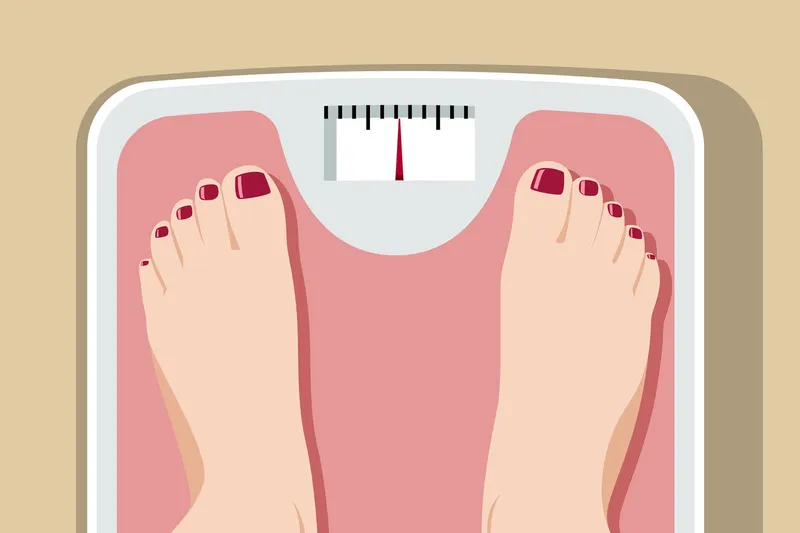
You may have been raised to think that “potty talk” isn’t polite, but we’re going to break that rule. Because what your stools look like can say a lot about your digestion – and give you clues for healthy changes you can make and when to seek care.
Stool – aka poop – consists of undigested food, bacteria, and fluid that wasn’t absorbed by the body. The color, texture, and appearance of your stool can vary from day to day, and that’s OK. But taking note of your stool is actually handy for health.
The easiest way to think about it is using a chart called the Bristol Stool Scale. It was developed by physicians at the U.K.’s Bristol Royal Infirmary in the late 1990s.
The seven categories on the scale describe the appearance of stool:
1: Separate hard lumps, like nuts (hard to pass)
2: Sausage-shaped, lumpy
3: Sausage-shaped, with cracks on the surface
4: Sausage- or snake-like, smooth and soft
5: Soft blobs with clear-cut edges (easy to pass)
6: Fluffy pieces with ragged edges, mushy
7: Watery, no solid pieces (entirely liquid)
Types 3 and 4 are ideal because they’re easy to pass. Stool type 1 is the hardest to pass, and type 7 is watery diarrhea.
If your stool is usually type 1 or 2, it probably means you’re constipated. Constipation is a common problem, especially as we age. Other signs of constipation are fewer than three bowel movements a week, painful and difficult bowel movements, and having the feeling that all your stool hasn’t passed.
Eating more fiber-rich foods like fruits and vegetables, getting more exercise in your day, and drinking more water are all simple things you can do to get things moving more consistently.
If your stools tend to be type 6 or 7, you’re likely experiencing frequent diarrhea. You might also feel cramping in your abdomen, a sudden urge to go to the bathroom, and even nausea.
For most people, diarrhea shouldn’t last more than a few days and might be caused by a foodborne illness or a virus. Some people with conditions like IBS and ulcerative colitis may have chronic diarrhea. If you have persistent diarrhea, talk to your doctor.
Though you shouldn’t expect to have the same kind of stool every time you have a bowel movement, you can use the stool scale to monitor changes. That can give you a heads-up that you need more fiber-rich foods or more exercise, that something you’re eating might not be agreeing with your system, or that you might need to check in with your doctor.
And always alert your doctor about these red flags: black stool, pale or white stool, or blood in your stool.
Photo Credit: DigitalVision Vectors/Getty Images
Important:The opinions expressed in WebMD Blogs are solely those of the User, who may or may not have medical or scientific training. These opinions do not represent the opinions of WebMD. Blogs are not reviewed by a WebMD physician or any member of the WebMD editorial staff for accuracy, balance, objectivity, or any other reason except for compliance with our Terms and Conditions. Some of these opinions may contain information about treatments or uses of drug products that have not been approved by the U.S. Food and Drug Administration. WebMD does not endorse any specific product, service or treatment.
Do not consider WebMD Blogs as medical advice. Never delay or disregard seeking professional medical advice from your doctor or other qualified healthcare provider because of something you have read on WebMD. You should always speak with your doctor before you start, stop, or change any prescribed part of your care plan or treatment. WebMD understands that reading individual, real-life experiences can be a helpful resource, but it is never a substitute for professional medical advice, diagnosis, or treatment from a qualified health care provider. If you think you may have a medical emergency, call your doctor or dial 911 immediately.









